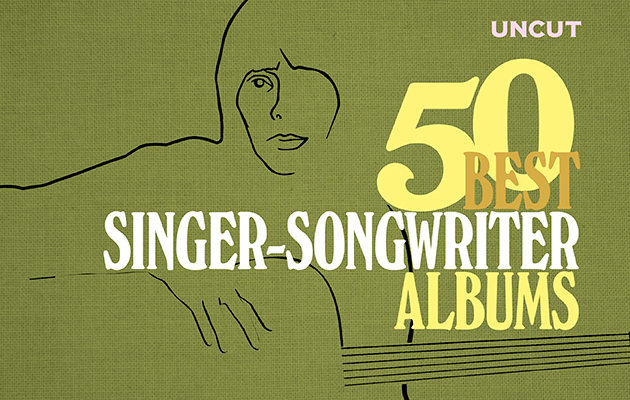26 John Cale
Music For A New Society
(Ze, 1982)
Described by Cale as his most “tormented” work to date, the stark acoustics of Music For A New Society are a direct contrast to the rage of its immediate predecessors. The songs were largely improvised in the studio, a catalogue of laments focussing on damaged souls and misplaced faith (“It was like method acting, madness, there’s not much in the way of comedy,” he told Melody Maker), drawing upon emotional betrayal and disillusionment (“Thoughtless Kind”, “Damn Life”). Cale was simultaneously working on a stage production with playwright Sam Shepard, who provides the lyrics for “If You Were Still Around” (“I’d chew the back of your head/’Til you opened your mouth to this life”), while “Taking Your Life In Your Hands” deals with the cheery subject of a mother on a killing spree.
____________________________
27 Lou Reed
The Blue Mask
(RCA, 1982)
https://www.youtube.com/watch?v=H9elkY8G3OE
“I really got a lucky life/My writing, my motorcycle and my wife,” Reed sings on the opening “My House”, raising the curtain on an album that, for the most part, celebrates marriage and domestic bliss, encased in a sleeve designed by his then wife, Sylvia. He continues the theme on the likes of “Average Guy”, “Heavenly Arms” and “Women”, the latter finding Lou even more uncharacteristically upbeat and joyful (“A woman’s love can lift you up, and women can inspire/I feel like buying flowers and hiring a celestial choir”). Musically, the songs are presented in a stripped-down traditional rock’n’roll format of two guitars, bass and drums, with Robert Quine’s eloquent fretwork a perfect foil to Reed’s deadpan vocal and matter-of-fact words.
____________________________
28 Richard & Linda Thompson
Shoot Out The Lights
(Hannibal, 1982)
Nothing quite conjures up soul searching and bitterness like divorce, and the Thompsons’ final album addresses their break-up with remarkable candour. But it isn’t just the first-hand descriptions of their collapsing marriage that bring such intensity to songs like “Don’t Renege On Our Love”, “Walking On A Wire”, “Did She Jump” and “Shoot Out The Lights” – it’s the fireworks with which Richard and Linda deliver them amid their struggle to keep it together long enough to finish the record: while it was Richard pouring his heart into the songs as the writer, it was Linda who had to sing them.
____________________________
29 Dexys Midnight Runners
Don’t Stand Me Down
(Mercury Records, 1985)
Once described by Uncut as the band’s “neglected masterpiece”, Don’t Stand Me Down was Kevin Rowland at his most introspective, taking stock of his fame post-“Come On Eileen” and Too-Rye-Ay, and almost wilfully dismantling the constructs of stardom. It’s evident on the two tracks that bookended Side One of the original vinyl release; the anger and petulance of “The Occasional Flicker” and the reflection of times past “Knowledge Of Beauty”. In between those, the song for which the record is best remembered, “This Is What She’s Like”, sneers at middle-class hipsters and bandwagon jumpers, but incorporates a paean to the group’s violinist Helen O’Hara, with whom Rowland had just ended a long relationship, and who was also the inspiration for “Listen To This”.
____________________________
30 Elvis Costello & The Attractions
Blood & Chocolate
(Demon, 1986)
It’s tough to improve on Costello’s own assessment of Blood & Chocolate: “a pissed-off, 32-year-old divorcee’s version of This Year’s Model.” However, where the angst of This Year’s Model was rooted in the fact that girls wouldn’t talk to him, this album articulated the catastrophe that could ensue when they did. Blood & Chocolate appears to be Costello’s settling of accounts regarding his first marriage, to Mary Burgoyne (though the recently installed second Mrs Costello, former Pogues bassist Caitlin O’Riordan, provided backing vocals on a couple of tracks). “Home Is Anywhere You Hang Your Head” and “I Hope You’re Happy Now” are mournful and furious, while the relentless “I Want You” remains, against formidable competition, Costello’s most lacerating and hostile recorded performance.



